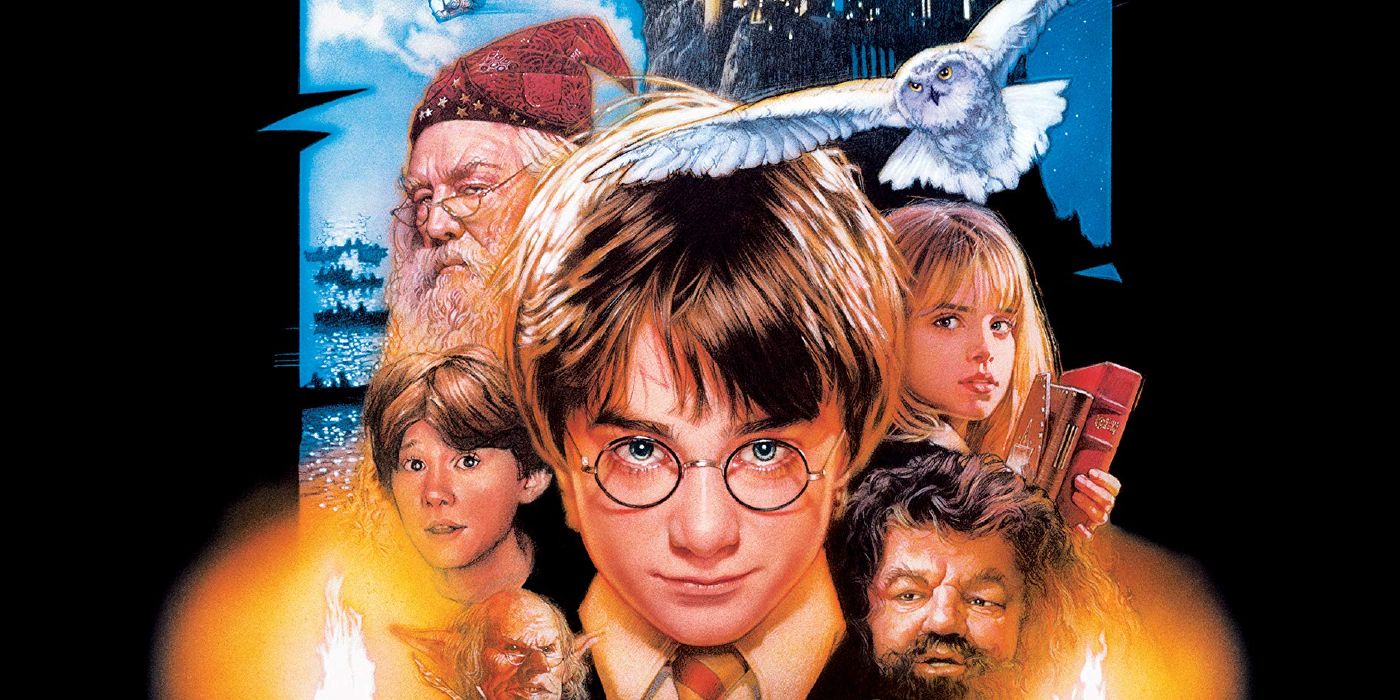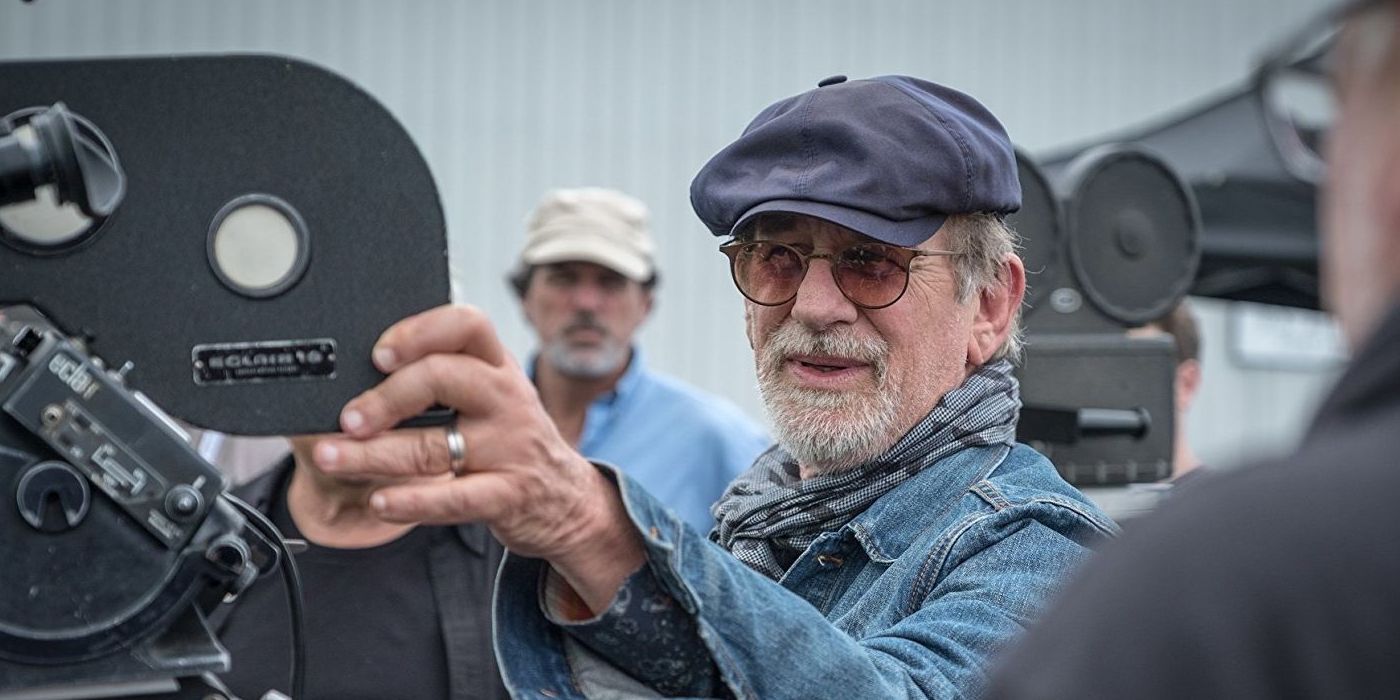Harry Potter is a cultural phenomenon that has largely stood the test of time. For the past 24 years, there have been plenty of adaptations and spin-offs based around the Wizarding World, from video games to theme park attractions to even a stage play. However, probably one of the most popular and influential adaptations of J.K. Rowling’s beloved book series are the films produced by Warner Bros. Ever since Harry Potter and the Sorcerer’s Stone was released 20 years ago, it has had a major impact on not only the pop culture zeitgeist of the 21st century but also the modern film industry.
The Sorcerer’s Stone, in particular, is a film that has had a large influence, as the film’s director, Chris Columbus, helped set up the foundations for future films and established the tone of the franchise going forward. The director proved to be the perfect fit when it came to introducing the audience to the world of Harry Potter. Surprisingly, however, Columbus was not the first choice for director. He was just one of many considered for the film after another notable filmmaker turned it down.
As it turns out, the role of the director had initially been offered to Steven Spielberg. According to Spielberg in a 2012 interview, he had initially been attached to the project “for about five or six months” before stepping down from the role. It was a decision that Spielberg had made on his own, as he felt that he wasn’t “ready to make an all-kids movie,” especially one that required as much time and commitment as the already popular Harry Potter franchise did.
In addition to this, Spielberg’s ideas for the Harry Potter franchise supposedly did not line up with the studio’s. According to Alan Horn, who had been President of Warner Bros. at the time, Spielberg wanted the first film to be animated rather than live-action, and he also wanted to “combine a couple of the books” into one film. These were concepts that Horn could not get behind, which may have also contributed to Spielberg’s ultimate rejection of the role. In the end, Spielberg dropped out of Harry Potter in favor of directing A.I. Artificial Intelligence, which was a film that he had long been attached to.
While this is an intriguing piece of trivia, especially since it serves as a look at what might have been, Spielberg’s choice to not move forward with Harry Potter may have been a smart one in hindsight. Although his involvement with the Harry Potter franchise would have more than likely yielded financial success, it is hard to imagine that his vision for the series would have had the same impact or staying power as what viewers ultimately got. Had Spielberg remained involved with the project, the film industry could have ended up in a far different place than it is today.


